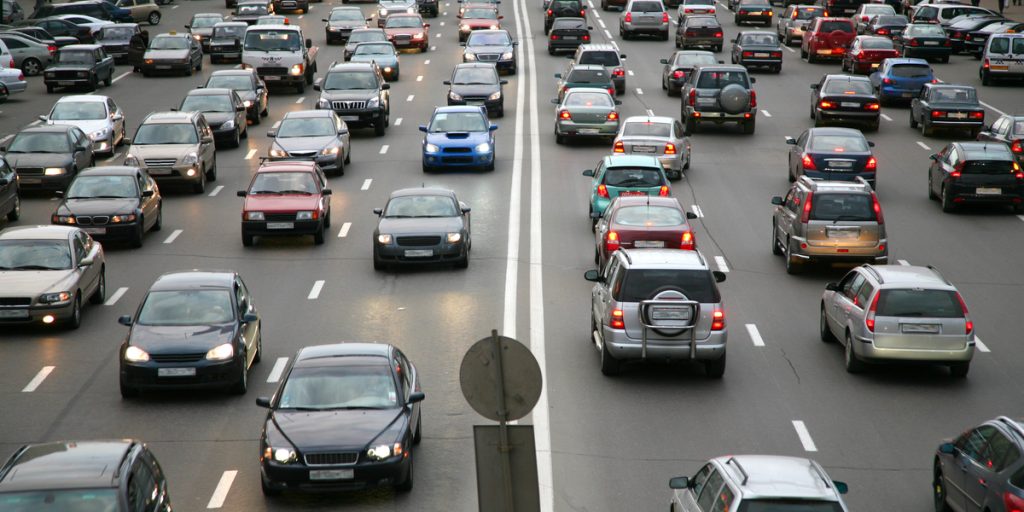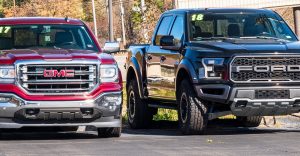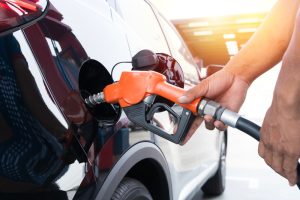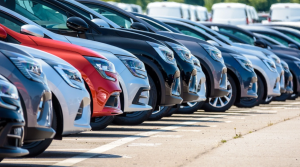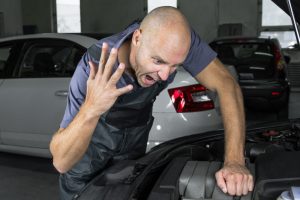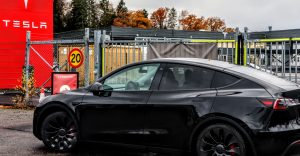Up to 8 million diesel cars in Germany could be banned from the roads starting January 1, 2025.
Others are reading now
Germany’s Transport Minister, Volker Wissing, has issued a stark warning: up to 8 million diesel cars in Germany could be banned from the roads starting January 1, 2025.
This drastic measure is the result of the European Union’s push for a stricter interpretation of existing pollution standards, specifically the New European Driving Cycle (NEDC) measurement method and fuel standard.
The EU’s revised stance involves applying pollution limit values from the outdated NEDC norm to more demanding operating conditions, such as when a fully loaded car drives uphill.
Boosted reports that this scenario requires the engine to operate at full power, potentially leading to higher emissions.
Also read
Minister Wissing argues that enforcing these stricter standards retroactively is unrealistic for vehicles currently in use.
Wissing has expressed strong opposition to this approach, stating that it sets an unachievable standard for millions of cars already on the road.
He warns that this could lead to the banning of all Euro 5-approved cars and potentially some Euro 6 vehicles as well.
In Germany alone, the potential ban could affect 4.3 million Euro 5 diesel cars and 3.9 million Euro 6 cars, according to Auto Bild.
This situation could escalate across Europe, with millions of relatively modern diesel vehicles at risk of being rendered obsolete overnight.
Wissing fears that the EU’s new interpretation could result in a massive number of vehicles being taken out of service, leaving drivers and the automotive industry scrambling to adapt.
This situation has prompted Wissing to call on European Commission President Ursula von der Leyen to reconsider and modify the impending regulations.

